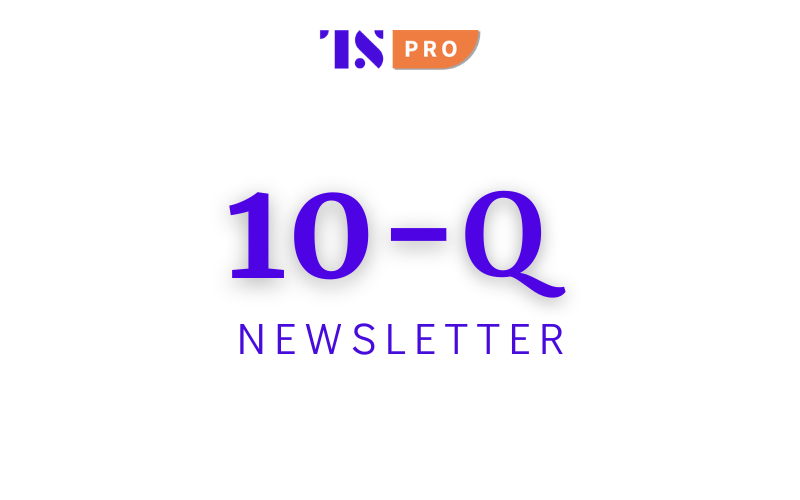While no one was looking, Intuit has built a fintech empire
- Intuit is making a shift from 'that tax company' into something more expansive: a full-spectrum financial operating system. It’s doing that through carefully chosen, strategic acquisitions.
- There’s a quiet — but deliberate — transformation underway.

Intuit isn’t loud — but it ain’t sleeping either
If you’ve been keeping tabs on Silicon Valley’s power players lately, you might have noticed something interesting: Intuit has been unusually quiet. No flashy keynotes. No viral product demos. No crypto moonshots or AI-fueled promises to change the world (at least not too loudly IMO).
But silence doesn’t mean stasis. The company has been playing its cards close to the chest lately.
If you zoom out and squint a little, there’s a quiet — but deliberate — transformation underway. Behind the scenes, Intuit is doing what many seasoned companies with established customer bases aim to do: build out an end-to-end ecosystem so sticky and essential that customers don’t want — or need — to leave.
The firm is likely on that trajectory, making a shift from that tax company into something more expansive: a full-spectrum financial operating system. And it’s doing that through carefully chosen, strategic acquisitions.
The acquisition spree: In April, Intuit announced plans to acquire Deserve, a mobile-first credit card platform, and also signed an agreement to acquire HR platform GoCo. The press releases were tidy, but the impact of these moves is anything but small.
They signal a clear thesis: Intuit is doubling down on owning more of the financial lifecycle, especially for small to midsize businesses (SMBs), where it already holds a strong foothold with QuickBooks. But instead of reinventing the wheel, it’s opting to buy the ones that are already spinning efficiently.



